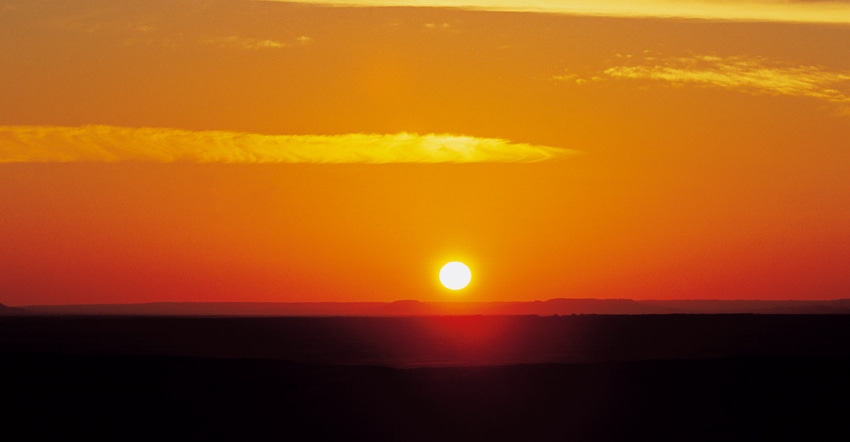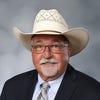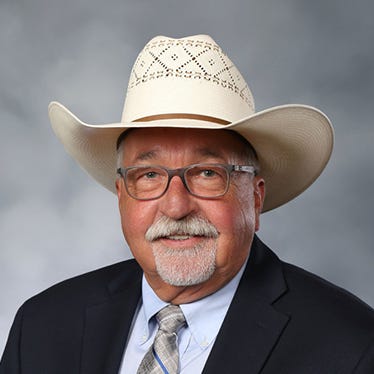March 11, 2021

Among the many disasters and catastrophes that occurred around our farm during the record-setting cold spell in February, the water line between the well house and barn froze solid. The barn and surrounding corral are where I house my four herd bulls for the winter and they are supplied water by two heated, automatic waterers. Unfortunately, the heated waterers don’t work if the water doesn’t reach them.
For the past two weeks, I have whined and moaned to my wife on a daily basis about how much I’ve been inconvenienced by this added chore when I’ve got so many other things, like feeding and calving, that have to be done. Yesterday, obviously tired of hearing my complaining, Judy asked, “Aren’t you the guy who brags about not having running water until you were 10 years old? What’s the big deal?”
No running water
She’s right. I don’t know if I brag about it, but in my adult life I’ve always worn that fact as a badge of honor to when proudly describing my upbringing. We had a well, but we had to draw all the water up from beneath the ground, using a rope and pulley system that drew up a long, slender, galvanized tube that held 3 to 4 gallons each draw. It was laborious, time-consuming (especially in cold weather), and we still had to carry it in buckets to the two barns and the hog pen several times each day.
Dad would carry two 5-gallon buckets every trip to the barn. Mom, my sister and I would follow, toting 3-gallon buckets in each hand, downhill to the main barn, but uphill to the other barn and hog pen. When it was as cold as it has been lately, or when there was snow or ice on the ground, the buckets were not only heavy, but cumbersome when trying to maintain one’s balance. If you fell and spilled the water, you only hoped it was early on in your trip so you wouldn’t have wasted all those steps.
I can remember my hands and feet being so cold after making a few treks to the barns that I would want to cry and quit, but I knew if I did, it would only require more trips for my parents and sister, so I kept on. Besides, Dad would have warmed my backside had I complained — and I didn’t want to warm up in that way.
After a few minutes of meditation and reflection on how it was in the good old days, I decided that turning on the hydrant up by the house, then sitting in the heated cab of my tractor watching the water hose fill barrels and milk cans wasn’t nearly as tough as those youthful days of drawing water from an old well and carrying buckets by hand.
I also promised my wife that I would quit complaining and whining … about the water problem, at least. Can’t make that same assurance about other calamities that are occurring at the present.
Crownover farms in Missouri.
About the Author(s)
You May Also Like






